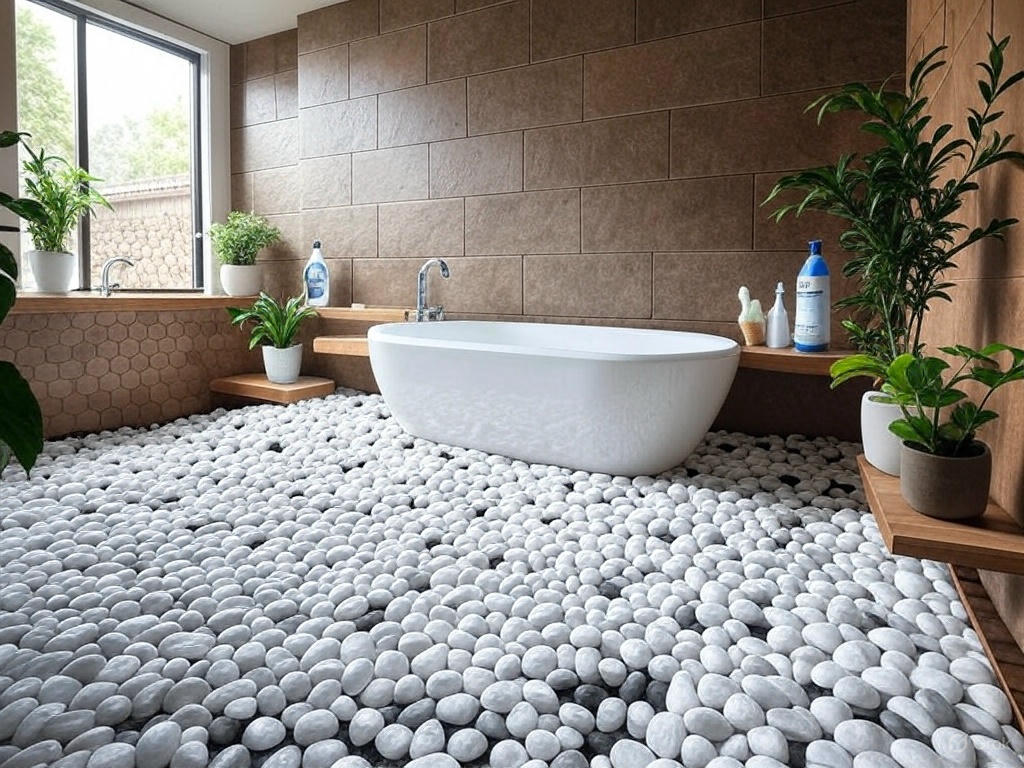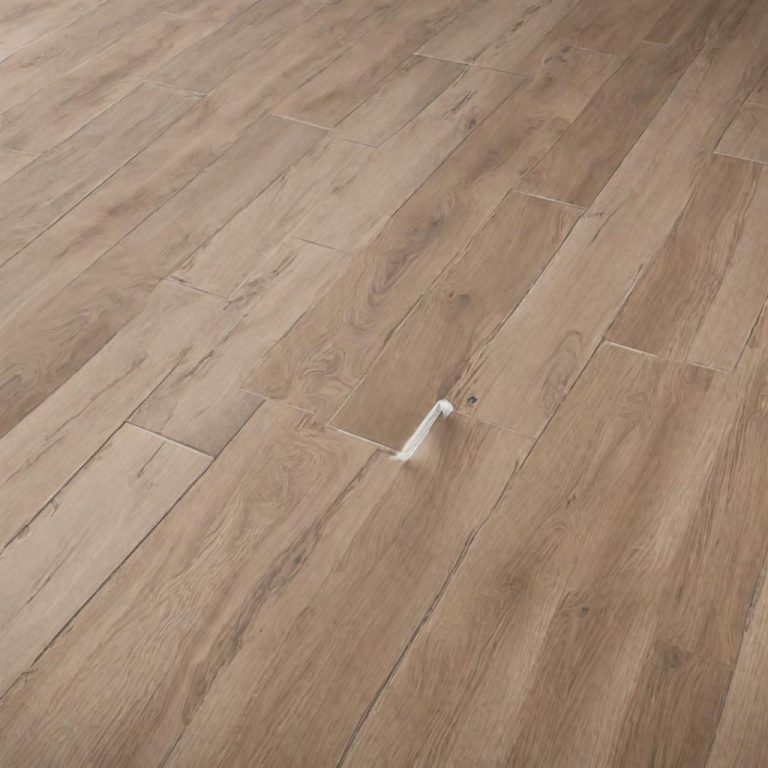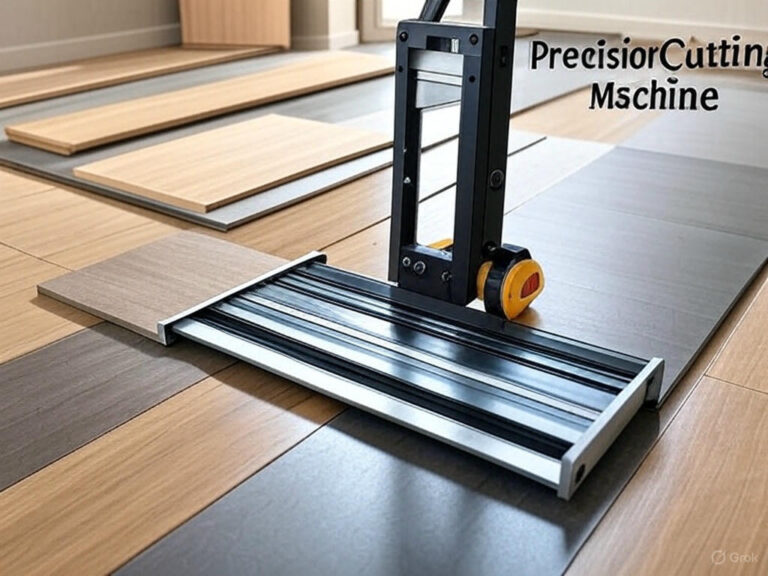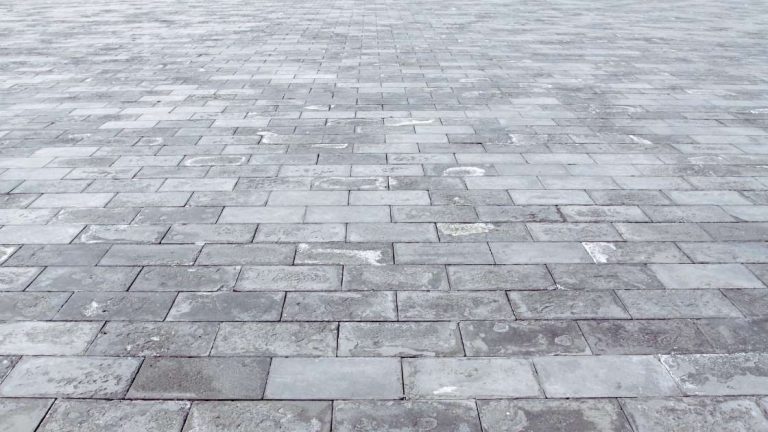Best Floor Cleaner For Vinyl Flooring
Finding the right floor cleaner can feel like searching for a needle in a haystack, especially when you have vinyl flooring. But don’t worry; this guide will help you find the best floor cleaner for vinyl flooring. We’ll explore various options and help you choose the perfect one for your needs.
Understanding Vinyl Flooring and its Cleaning Needs
The Nature of Vinyl
Vinyl flooring is a popular choice for its durability, affordability, and water resistance. However, its smooth, often non-porous surface requires a specific cleaning approach. Aggressive cleaners or harsh scrubbing can damage the vinyl’s finish, leading to dullness, scratches, and even premature wear. Understanding this delicate balance is key to maintaining its pristine appearance. Choosing the wrong cleaning product can lead to a build-up of residue, making your floors look grimy even after cleaning. This is why selecting the right cleaner is so crucial. Proper cleaning techniques, combined with a suitable cleaner, preserve the shine and longevity of your vinyl. For instance, I once used a harsh, abrasive cleaner on a small section of my vinyl flooring, and it instantly dulled the finish. It was a costly lesson learned!
Why Specialized Cleaners Matter
Many household cleaners, while effective on other surfaces, can be detrimental to vinyl. Products containing harsh chemicals, abrasive particles, or excessive ammonia can strip the protective layer of your vinyl flooring. This can leave it vulnerable to scratches and stains. Furthermore, some cleaners leave behind a sticky residue, attracting more dirt and dust. This makes your cleaning efforts seem futile. Remember, the goal isn’t just to clean; it’s to maintain the flooring’s integrity and beauty for years to come. Therefore, investing in a cleaner specifically designed for vinyl is a smart investment in preserving your floor’s aesthetic appeal and durability. Think of it as using the right tool for the job; using the wrong tool can create more problems than it solves.
Types of Vinyl Flooring and Their Cleaning Requirements
Not all vinyl flooring is created equal. The type of vinyl, including sheet vinyl, vinyl planks, or luxury vinyl tile (LVT), can influence the cleaning approach. Sheet vinyl generally is more resilient than LVT. However, both benefit from regular, gentle cleaning to prevent dirt build-up. LVT, with its realistic wood or stone mimicking designs, often has a slightly more sensitive topcoat and might need a more delicate cleaning solution compared to standard sheet vinyl. The crucial point is to always check the manufacturer’s cleaning recommendations before using any cleaner, regardless of the type of vinyl flooring you have. Ignoring these guidelines can void warranties and damage your investment.
Choosing the Best Floor Cleaner for Vinyl Flooring
Types of Vinyl Floor Cleaners: A Detailed Overview
The market offers various types of vinyl floor cleaners: liquid cleaners, spray cleaners, wipes, and even specialized cleaning solutions for specific problems like scuff marks or sticky residue. Liquid cleaners generally require dilution with water, ensuring thorough cleaning while preventing damage. Spray cleaners offer convenience, while wipes provide a quick and easy option for light cleaning. However, each type presents its own set of advantages and disadvantages. Consider factors like cleaning frequency and the level of soiling when choosing a type. For example, I find that liquid cleaners are best for deep cleaning, while wipes work wonders for daily maintenance.
Key Features to Consider When Selecting a Cleaner
When selecting a best floor cleaner for vinyl flooring, several key features stand out: pH balance (look for neutral or slightly alkaline), lack of harsh chemicals (avoid ammonia and bleach), and ease of use. A neutral pH is crucial for preventing damage to the vinyl surface. Harsh chemicals can etch or discolor the vinyl. The ease of application – whether it’s a simple spray, a bucket-and-mop method, or pre-moistened wipes – dictates convenience. Reading product reviews carefully can help you determine whether a cleaner lives up to its promises and satisfies the specific needs of your vinyl flooring.
Comparing Popular Vinyl Floor Cleaner Brands
Many reputable brands offer vinyl floor cleaners, each with unique formulations and features. For example, some brands emphasize natural ingredients, while others focus on powerful cleaning capabilities. Comparing and contrasting brands involves considering ingredients, application methods, price points, and user reviews. I’ve personally tried several brands, and the effectiveness varied greatly. Some left a noticeable residue, while others cleaned efficiently without leaving streaks. Thorough research is essential to identify a brand that suits your preferences and floor type.
Understanding Cleaning Solutions and Their Components
Decoding Cleaner Ingredients: What to Look For and What to Avoid
Understanding the ingredients in your vinyl floor cleaner is paramount. Look for cleaners that boast natural or plant-based ingredients. These often offer gentle cleaning without the harsh chemicals found in many conventional cleaners. Avoid cleaners containing ammonia, bleach, or abrasive materials. These can damage your vinyl flooring, causing dullness, discoloration, and premature wear. Always read the label carefully before using any cleaner. You should always patch test a small area before applying it to the entire floor to check for compatibility with your vinyl type and to avoid unpleasant surprises.
The Importance of pH Balance in Vinyl Floor Cleaning
The pH level of your cleaner plays a significant role in its effectiveness and safety for your vinyl floor. A neutral or slightly alkaline pH (around 7-8) is ideal. Highly acidic or alkaline cleaners can damage the vinyl’s finish, stripping away its protective layer. This leaves the flooring susceptible to scratches and stains. Therefore, choosing a cleaner with a balanced pH level ensures safe and effective cleaning without compromising the integrity of your floor. This step is crucial for preventing long-term damage and maintaining the quality of your investment.
Natural vs. Chemical Cleaners: A Comparative Analysis
The choice between natural and chemical cleaners hinges on your personal preferences and priorities. Natural cleaners typically use plant-based ingredients, avoiding harsh chemicals. While effective for routine cleaning, they might not be as potent in tackling stubborn stains or heavy soiling. Chemical cleaners often offer superior cleaning power, but they can contain harsh chemicals that could damage your vinyl flooring if not used carefully. Weighing the pros and cons of each type, based on your cleaning needs and environmental concerns, is crucial to making an informed decision.
Maintaining Vinyl Flooring: Best Practices and Techniques
Regular Cleaning and Maintenance Schedules
Regular cleaning is key to keeping your vinyl flooring looking its best. A daily sweep or vacuum removes loose dirt and dust, preventing build-up that could scratch the vinyl surface. Weekly damp mopping with a specialized vinyl floor cleaner helps remove grime and maintain shine. A more thorough deep clean should be performed monthly, or as needed. This involves using a more intensive cleaning solution and focusing on stubborn stains. A consistent cleaning schedule, tailored to your lifestyle and usage patterns, safeguards the longevity of your vinyl flooring.
Dealing with Spills and Stains: Quick Action is Essential
Spills and stains happen, but immediate action limits damage. The quicker you address a spill, the easier it is to clean. Blot up spills immediately with a clean cloth or paper towel, avoiding harsh rubbing. For stubborn stains, use a specialized vinyl cleaner, gently working the stain from the outside in to prevent spreading. Always test any cleaner in an inconspicuous area first. Quick and effective stain removal helps preserve the beauty of your vinyl flooring. Remember, prevention is better than cure, so teach kids to wipe their feet and to use coasters under drinks.
Advanced Cleaning Techniques for Stubborn Marks and Scuffs
Stubborn marks and scuffs require more advanced techniques. A soft-bristled brush can often remove light scuffs. For more persistent marks, a dedicated vinyl floor cleaner designed to tackle scuffs can be very effective. In case of persistent stains, you can consider more aggressive methods, but always test them on a hidden area of the flooring first. If these methods don’t work, professional cleaning might be the best solution to avoid further damage or expensive floor replacement. This is where professional experience is invaluable.
Tools and Equipment for Effective Vinyl Floor Cleaning
Choosing the Right Mop and Cleaning Supplies
Using the correct tools is as important as using the right cleaner. A microfiber mop is ideal for vinyl flooring, as the soft, absorbent fibers effectively pick up dirt and moisture without scratching. Avoid using abrasive sponges or brushes, as these can damage the surface. Use a clean bucket of water for rinsing your mop frequently to prevent redistributing dirt back onto the floor. Proper equipment not only ensures effective cleaning but also safeguards your investment in your beautiful flooring.
Safe Handling of Cleaning Products and Waste Disposal
Always follow the manufacturer’s instructions for safe handling and usage of vinyl floor cleaners. Wear gloves to protect your hands from potential irritation. Proper ventilation is also crucial to avoid inhaling harsh chemicals, especially when using stronger cleaning solutions. Dispose of used cleaning products and waste materials responsibly, adhering to local guidelines to protect the environment. A focus on responsible cleaning practices ensures both your safety and the well-being of the planet.
Maintaining Your Cleaning Equipment: Longevity and Hygiene
Proper care of your cleaning tools prolongs their lifespan and contributes to a cleaner home. Rinse your mop thoroughly after each use, and allow it to air dry completely before storing. Regularly clean your bucket, removing any residue or build-up to prevent mold or bacterial growth. Maintaining clean and hygienic tools is important for preventing the spread of germs. Moreover, you extend the lifespan of your cleaning equipment, saving money in the long run.
Addressing Common Vinyl Flooring Cleaning Mistakes
Overuse of Water: Avoiding Potential Problems
Using excessive water during cleaning can lead to several problems. Excess water can seep into the seams of vinyl flooring, causing damage over time. Moreover, it leaves behind residue that attracts more dirt, defeating the purpose of cleaning. Always use a damp mop, not a soaking wet one, and ensure the floor dries thoroughly after cleaning. The key here is moisture control to maintain both the cleanliness and the structural integrity of the floor.
Using the Wrong Cleaning Products: Preventing Damage
Using inappropriate cleaning products is a major mistake. Harsh chemicals, abrasive cleaners, and those containing ammonia or bleach can damage vinyl flooring, leading to dullness, discoloration, and scratches. Always opt for cleaners explicitly designed for vinyl. Always test the cleaner on a small, inconspicuous area to confirm compatibility before applying it to the entire floor. This simple test can save you from costly damage.
Ignoring Manufacturer’s Guidelines: Avoiding Warranty Issues
Many vinyl flooring manufacturers provide specific cleaning instructions and recommendations. Ignoring these guidelines can void warranties, leaving you responsible for any resulting damage. Always refer to the manufacturer’s guide for the most accurate and relevant cleaning instructions for your specific flooring type. Adhering to the guidelines keeps your warranty valid and protects your investment.
Frequently Asked Questions
What is the best floor cleaner for vinyl flooring best for high-traffic areas?
For high-traffic areas, choose a durable, quick-drying cleaner designed to withstand daily wear and tear. Look for a formulation that effectively removes dirt and grime without leaving a sticky residue that attracts more dirt. Many commercial cleaners offer this type of performance. Consider regular deeper cleanings in these areas to maintain the floor’s visual appeal.
Can I use a steam cleaner on vinyl flooring?
The answer to that depends on the type of vinyl flooring. Some vinyl floors can withstand steam cleaning, but excessive heat and moisture can damage others, leading to warping or discoloration. Always consult your flooring manufacturer’s guidelines. If steam cleaning is permitted, use a low setting to minimize the risk of damage.
How do I remove stubborn stains from my vinyl flooring?
For stubborn stains, use a vinyl-specific cleaner designed for stain removal. Work the stain gently from the outside in using a clean cloth or sponge. Avoid scrubbing harshly, as this can scratch the surface. If the stain persists, consider a commercial-strength vinyl cleaner or seek professional cleaning services.
How often should I clean my vinyl flooring?
The frequency of cleaning depends on the level of foot traffic and the presence of pets. High-traffic areas require more frequent cleaning. A daily sweeping or vacuuming is ideal to remove loose dirt and dust. Weekly damp mopping with a suitable vinyl cleaner helps remove grime and maintain the shine. Monthly deep cleaning is beneficial to keep the floor in top condition.
Are there eco-friendly options for cleaning vinyl flooring?
Yes, there are numerous eco-friendly options for cleaning vinyl flooring. Many manufacturers produce cleaners made with natural ingredients and biodegradable formulas. Even a simple solution of warm water and a mild dish soap can be effective for regular cleaning, providing a budget-friendly and eco-conscious alternative.
What should I avoid using to clean my vinyl flooring?
Avoid abrasive cleaners, ammonia-based cleaners, bleach, and harsh chemicals. These can damage the vinyl surface and strip away its protective layer, causing dullness, discoloration, and scratches. Always opt for cleaners specifically designed for vinyl floors. Checking the manufacturer’s guidelines is always a good starting point.
How can I make my vinyl flooring shine?
After cleaning your vinyl flooring with a suitable cleaner, you can enhance its shine using a vinyl floor polish or wax designed to protect and improve the appearance of vinyl flooring. Always apply these products according to the manufacturer’s directions. Regular cleaning and periodic polishing can keep your vinyl flooring looking its best.
Final Thoughts
Choosing the best floor cleaner for vinyl flooring is crucial for maintaining its beauty and longevity. By understanding the specific needs of your vinyl type, selecting the right cleaner, and adopting proper cleaning techniques, you can keep your floors looking their best for years to come. Remember to always check the manufacturer’s recommendations for cleaning, and don’t hesitate to seek professional help for stubborn stains or extensive cleaning needs. Investing in the proper cleaning products and techniques ensures your vinyl floor remains a source of pride in your home. So, go ahead and give your floors the attention they deserve, and enjoy the results!













